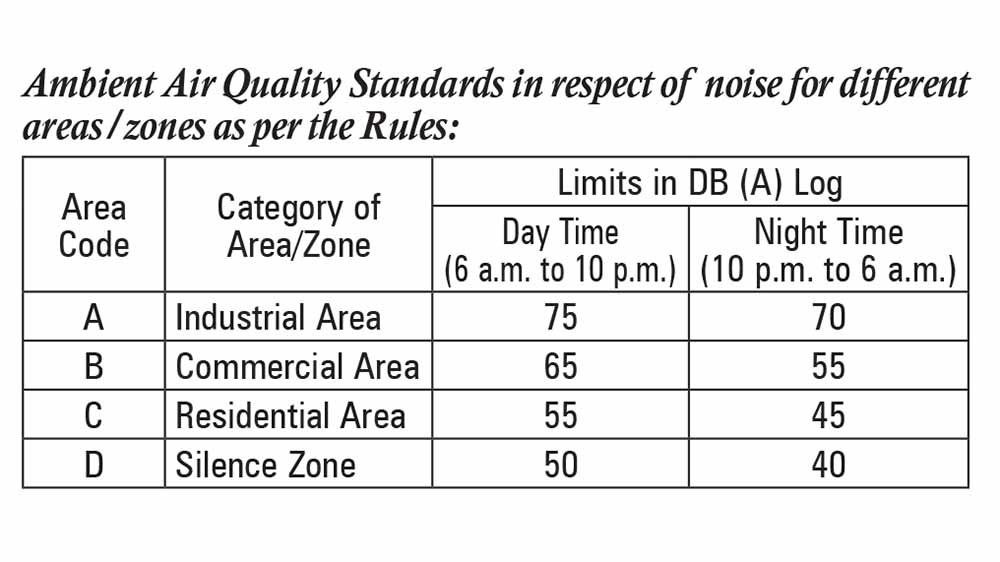On the eve of Diwali, the Nagaland Pollution Control Board (NPCB) has urged citizens to refrain from bursting firecrackers and to celebrate festivals in an eco-friendly manner to curb the growing problem of noise and air pollution, which pose serious threats to human health and the environment.
In a press note, NPCB said rapid urbanization and changing lifestyles have led to increasing ambient noise levels from various sources such as firecrackers, loudspeakers, sound amplifiers, and unnecessary honking, which adversely affect human health and psychological well-being. It added that at times, what was music to some could be noise to others.
Further, it pointed out that under Section 31A of the Air (Prevention and Control of Pollution) Act, 1981 and Section 8 of the Noise (Regulation and Control of Pollution), 2000, prior permission must be obtained from the administration specifying the time and place for fireworks, which must be conducted away from hospitals, schools, and residential areas and wide publicity must be given in advance to prevent panic, annoyance, and disturbance to the public. NPCB also highlighted the harmful effects of firecrackers on human health and the environment.
It said that bursting of crackers increases concentrations of dust and pollutants such as oxides of sulphur, nitrogen, metal dust, and organic pollutants. Even small sparklers and torches emit thick smoke that can affect the respiratory tract, especially in children.
People with heart, respiratory, or nervous disorders are particularly vulnerable, while others may experience throat, nose, and eye irritation. Crackers aggravate allergies, colds, and congestion, and may lead to long-term respiratory complications. They contribute to water and soil contamination and release carcinogenic substances. Green light from fireworks comes from barium, a radioactive and poisonous element, while blue colour from copper compounds releases dioxins linked to cancer.
The board reminded that under the Noise (Regulation and Control of Pollution), 2000, the following regulations apply– Deputy Commissioner is the authority responsible for implementing the; bursting of firecrackers between 10 p.m. and 6 a.m. is prohibited and firecrackers emitting noise above 125 decibels are banned. NPCB said in order to regulate noise levels, the Government of India has enacted the Noise Pollution (Regulation and Control), 2000 under the Environment (Protection) Act, 1986.
On noise pollution from firecrackers, NPCB noted that while fireworks bring joy during festivals, they cause both noise and air pollution. Firecrackers release toxic gases and particles that worsen air quality through the rapid release of energy during explosions. Kohima and Dimapur have been classified as non-attainment cities under National Ambient Air Quality Standards, indicating that their air quality already exceeds permissible limits. Calling for public cooperation, NPCB appealed to all to celebrate festivals responsibly and avoid harmful practices that disturb the environment and public health.
It also urged people to celebrate festivals in an eco-friendly way and save the environment from pollution, making the surroundings healthier and cleaner.”


